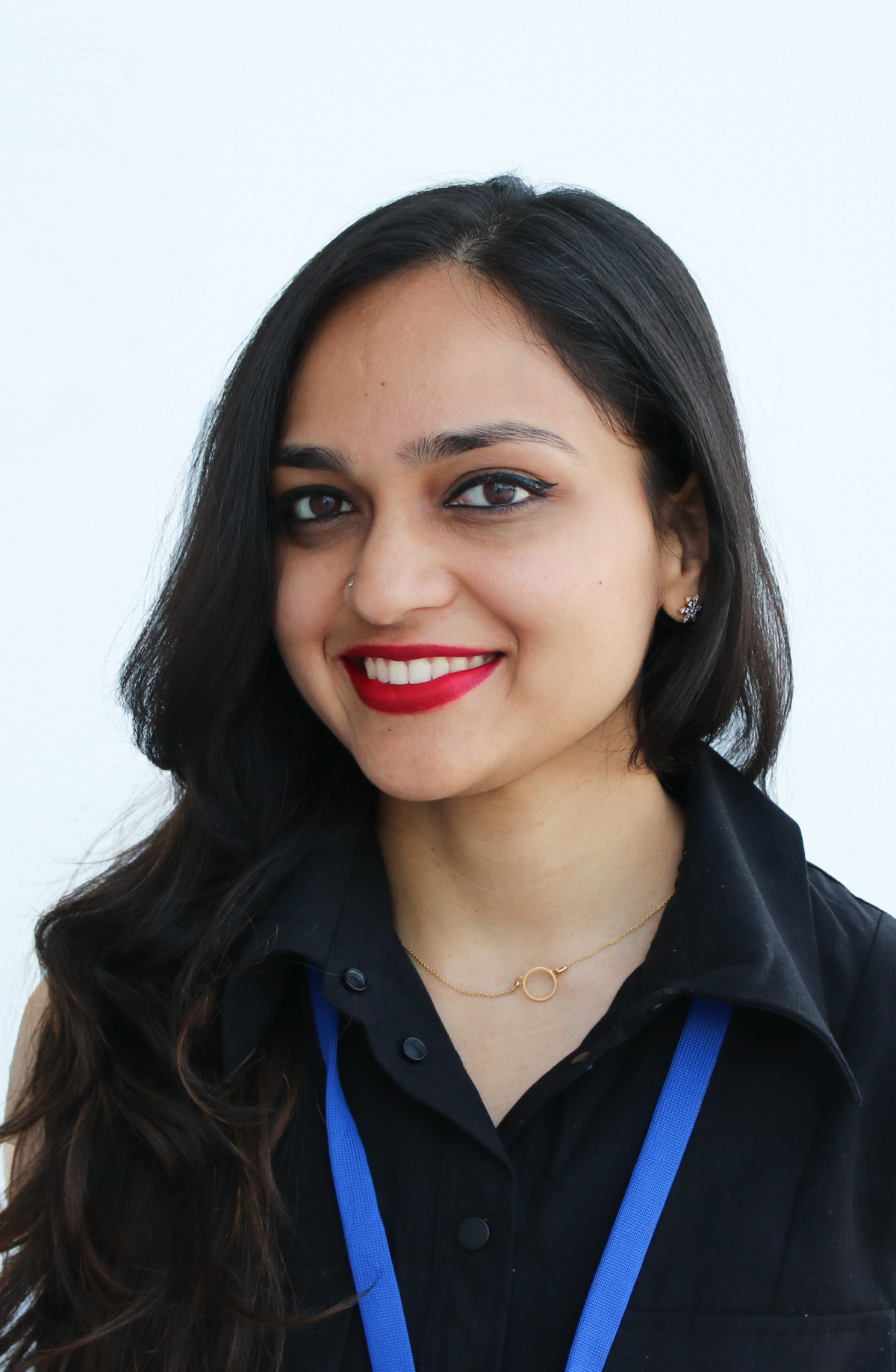
We are excited to announce the winners of the Routledge Inclusive Economics Prize!
Thank you to all who applied for our annual Routledge Inclusive Economics Prize for 2023. The judges praised the high standard and quality of all the prize applications received. Our aim was to highlight research from diverse voices in the field of economics and finance, research that encompasses marginalised views and encourages equity and solidarity, in turn promoting inclusivity in both research and outcomes.
We were astonished at both the quality and diversity in the applications sent into us and must say it was a very difficult decision to choose a winner, but we believe the chosen research application is able to make a significant impact in the growth of inclusivity within field of Economics.

awarded to
Professor Chinmayi Srikanth
Indian Institute of Management, Kozhikode, India
“Situational Responses to Identity Threat – The Case of Indian Muslims”
Professor Chinmayi Srikanth’s research stood out to the judges as a promising and compelling project very much in the spirit of new developments in stratification economics. The judge’s highlighted particularly the analyses around the interplay of meso-level factors and individual characteristics on decision-making.
What winning the prize means to our recipient—
“I find myself at a loss for words when asked to describe what winning the Routledge Inclusive Economics Prize means to me. Winning this prize is deeply moving and overwhelming at the same time. To know that pioneers in the field of Stratification Economics, whose work and contributions I truly respect, deemed me worthy of this prize makes me immensely grateful. This recognition will spur me to lend a voice to the most marginalized sections of society through my work. I also thank Routledge for this wonderful initiative, encouraging young researchers like me to make a change in society through their research.”
What the research means to our recipient—
“In all societies, certain identity groups endure unwarranted societal stigmatization, being unfairly labelled as perpetual ‘others’ within their own homeland. This leaves individuals without a sense of belonging, engaged in a perpetual struggle for recognition from the broader society and faced with the daunting choice of either overcoming their disadvantage or succumbing to it. The internal conflict of identifying with and distancing oneself from a stigmatized identity can burden individuals emotionally throughout their lives. The extent to which individuals identify with or distance themselves from their identity often depends on the perceived safety in different social settings. The response to stigma is not static but rather dynamic, adapting to changing social environments. The research focuses on a specific subaltern group in India, namely the Muslims – one of the most marginalized communities in the country today. Through this research, I aim to establish that their decision-making does not stem from self-sabotaging behavior or poor decision-making, as is commonly rationalized. Instead, it is an outcome of internalized stigma and the perception of safety within a social environment. This research draws from social science disciplines, including Social Psychology, Philosophy, and Economics, to understand the process of stigma and its effect on the stigmatized through their decision-making behaviour. In the absence of such multidisciplinary cohesion, each discipline exists in isolation, producing academic output that does little to capture any subaltern group’s reality, let alone change it. This research is a small but crucial step in understanding the internalization of stigma by subaltern groups and the resultant responses, using methods that account for causal complexity to reflect social reality.”

Professor Chinmayi Srikanth
Indian Institute of Management, Kozhikode, India
Professor Chinmayi Srikanth is a post-doctoral researcher at the Center for Development Economics at the Delhi School of Economics (DSE) and the Institute of Economic Growth (IEG). She recently defended her thesis titled ‘Essays on Identity and Disadvantage’ as a doctoral candidate at the Indian Institute of Management, Kozhikode. Chinmayi works on the impact of ascribed social identities – caste, religion, and gender – on individuals’ economic decisions and how it affects inequality in Indian society. Her research areas include Stratification Economics, Intersectionality, and Social Mobility. She was a Visiting PhD Fellow at the United Nations University, World Institute for Development Economics Research (UNU-WIDER) and was also involved in a UNU-WIDER project to develop a global Affirmative Action database.
Inclusive Economics Prize Shortlist
| Research Project Title | Applicant | Country |
|---|---|---|
| Understanding the socio-economic determinants and inequalities of access to water in Andhra Pradesh | Samyukta Bhupatiraju | India |
| The Africa Care Economy Index | Salimah Valiani | South Africa |
| Interrogating the Blind Spots of the “Surplus” Approach: A View from the Peripheries | Rahul A. Sirohi | India |
| The Decline of Specialized and Diverse Human Capital in the COVID-19 Pandemic | Rebecca Sen Choudhury and Miesha Williams | USA |
| Capabilities and the Individual in Economics: Relationality, Responsibility, and Mutuality in the Civil Economy and Social Enterprise | Valentina Erasmo | Italy |
Looking to Publish your Research?
We aim to make publishing with Taylor & Francis a rewarding experience for all our authors. Please visit our Author Services website for more information and guidance, and do contact us if there is anything we can help with!

The Routledge Inclusive Economics Prize is conferred by an expert panel of Economics & Finance scholars, in partnership with Routledge, one of the world’s leading academic publishers in Economics & Finance, and the Humanities and Social Sciences broadly. Routledge publishes thousands of books and journals each year, serving scholars, instructors, and professional communities worldwide. All applications for the prize were judged in the following:
– How the research highlights diverse voices in terms of geography, research background, or profession
– How the research attempts to decolonize economics
– How the research encompasses marginalized views and encourages solidarity
– How the research showcases new approaches, and how uses pluralist methods
– How the research promotes inclusivity and equity in research topic and outcomes
– Tangible impact of the research project